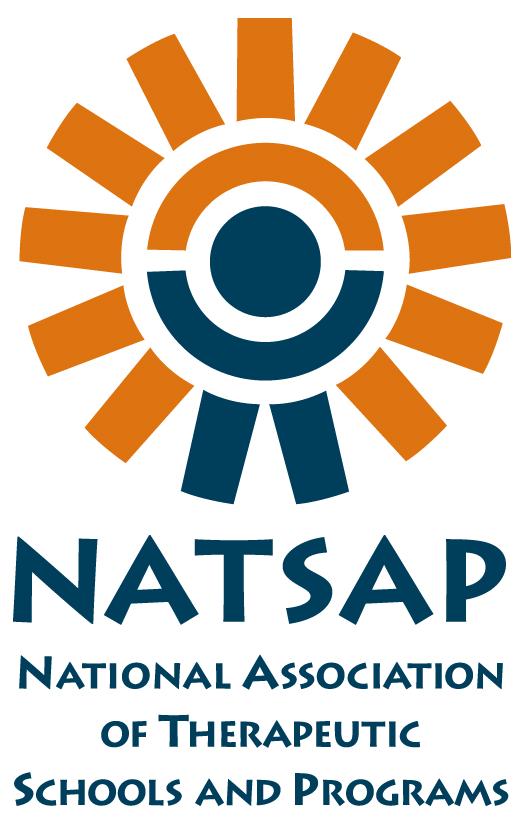Sexual abuse and especially child sexual abuse is a difficult topic to even think about for most people, let alone discuss. However, if your son or daughter has been sexually abused, treatment is needed. Unfortunately, it is in the teenage years that sexual abuse often comes to light. Whether it has recently occurred such as date rape, fraternity or sorority initiation paddling, hazing, high school team hazing, gang initiation or gang rape type activities or sexual abuse that took place earlier in your teen’s life.
The key is definitely treatment.
The outcome studies of the effectiveness of treatment for child sexual abuse have shown that a combination of individual, dyadic (treatment method for families that have children with symptoms of emotional disorders), group and family therapy should be available. There is a lot to consider and it is important to consider the needs of the teen first and foremost.
Let’s discuss the different types of therapy.
Individual therapy, of course, is important for the victim of sexual abuse. It may also be important for the parents and siblings of the victim, as well, to obtain individual therapy. It is important that the teenager can trust their therapist. Sometimes a female teen will prefer a female therapist vs. a male therapist and the same holds true for a male teen.
Dyadic treatment is used to enhance and/or repair damage to the mother-daughter relationship, the husband-wife relationship, and the father-daughter relationship, as well as to deal with issues initially addressed in individual treatment.
Group therapy is generally regarded as the treatment of choice for sexual abuse. Some teens need individual therapy before they can participate in a group setting. It is important to meet the needs of the teenager first. Sometimes the teenager is too upset or too disruptive to participate or benefit from a group setting.
Group therapy sessions are often available for parents, survivors of sexual abuse, mothers of the victim and siblings as well. Having members of the teen’s support system participate in therapy can be very beneficial so that they understand what sexual abuse is about, what the affects are, how to be a support to someone who has been sexually abused, etc.
Family therapy typically happens later in treatment. Depending on the circumstances, family reunification is important. If the sexual abuse was a parent, obviously, what is best for the teenager is considered.
There are two main objectives in sexual abuse treatment:
- Dealing with the effects of sexual abuse
- Decreasing risk for future sexual abuse
Common treatment issues for victims of sexual abuse include:
- Trust and issues with relationships
- Emotional reactions
- Behavioral reactions
- Cognitive reactions
- Protection from future victimization
These issues will be discussed in more detail in Part 2.
Reference:
http://en.wikipedia.org/wiki/Dyadic_Developmental_Psychotherapy
http://en.wikipedia.org/wiki/Hazing
https://www.childwelfare.gov/pubs/usermanuals/sexabuse/sexabusec.cfm








